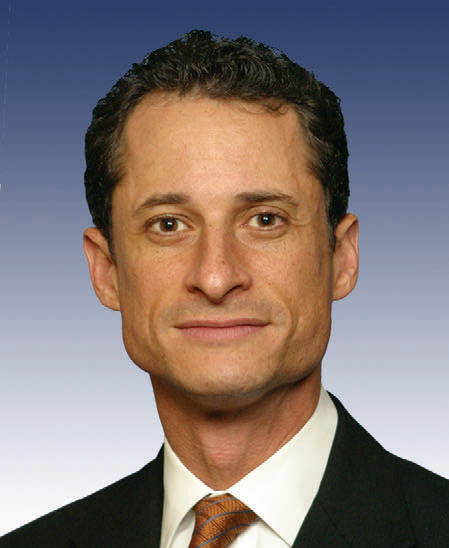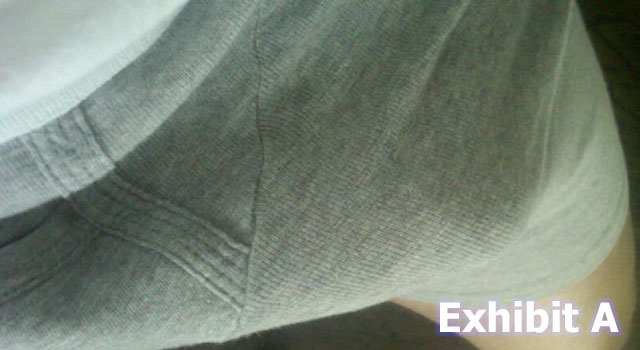Anthony Weiner’s New York Times Interview: Did His PR Work?
This morning, Anthony Weiner’s attempt at a comeback began with a high-profile cover story in The New York Times Magazine.
It’s a fascinating story worth a full read, but one line in the lengthy article is garnering the most attention: “At breakfast, Weiner quickly put all the speculation to rest: he is eyeing the [New York City] mayor’s race.”
Personally, I don’t believe that Mr. Weiner has any place in public life. Not only did he exercise ludicrous judgment by sending lewd texts to strangers—but his deeds came with a hefty price, turning a reliably Democratic district red (his district voted for a Republican to replace him; the district turned blue again earlier this year).
Regardless of my personal feelings about Mr. Weiner, my goal in this post is to analyze the effectiveness (or lack thereof) of his first detailed public confessional from a PR perspective.

Anthony Weiner
Let’s start with the good. In some ways, Mr. Weiner appears to “get it” and displays remorse—particularly regarding how his behavior affected his wife, Huma Abedin (a top aide to Hillary Clinton). The reporter noted two times when Weiner cried during the interview; in once incident, she recounted:
“He paused and took a deep breath and started to cry. ‘She’s given. . . .’ He stopped again, could barely get the words out. ‘She’s given me another chance. And I am very grateful for that. And I’m trying to make sure I get it right.’
Weiner says he’s been in therapy since resigning his post, and he seems to be making a real effort at both understanding and modifying his behavior.
He also benefits from his wife’s forgiveness. Unlike other spurned political wives who have famously stood by their men at press conferences during their moments of humiliation, Ms. Abedin didn’t. But she willingly participated in this interview, titled “Anthony Weiner and Huma Abedin’s Post-Scandal Playbook.” If they didn’t look like a solid team two years ago, they sure do now.
But in many other ways, Weiner strikes me as a man who is still very much in the process of trying to figure things out—and who still has a long way to go.
I’ve been right in making those types of judgments about Weiner before. On June 2, 2011—in the early days of the Weiner scandal—I wrote on this blog, “I can’t shake the feeling that his actions are consistent with those of a man who doesn’t want his wife to learn what he’s been up to.” In this interview, Weiner confirmed my analysis, saying, “I lied to her. The lies to everyone else were primarily because I wanted to keep it from her.”
Weiner blames his reckless behavior on his need to be liked, saying:
“’There just wasn’t much of me who was smart enough, sensitive enough, in touch with my own things, understanding enough about the disrespect and how dishonorable it was to be doing that. It didn’t seem to occupy a real space in my feelings…‘I wasn’t really thinking. What does this mean that I’m doing this? Is this risky behavior? Is this smart behavior? To me, it was just another way to feed this notion that I want to be liked and admired.’”
That quote, in addition to others, leaves me with the inescapable conclusion that he’s still trying to figure it all out. On a human level, that’s appropriate, and I respect that he’s doing some hard work in therapy. But on a political level, that’s just not good enough. Until he can more accurately diagnose and account for his own motivations, he’s not ready to be entrusted with the second act the public so often grants to politicians.
Plus, there’s this “pass the buck” gem, about Twitter:
“If it wasn’t 2011 and it didn’t exist, it’s not like I would have gone out cruising bars or something like that. It was just something that technology made possible and it became possible for me to do stupid things. I mean, the thing I did, and the damage that I did, not only hadn’t it been done before, but it wasn’t possible to do it before.”
So without Twitter, his reckless behavior wouldn’t have emerged in other ways? Unlikely.
Then again, a potential run for NYC mayor may not be about trying to win the race. As one pundit said:
“Is this about winning?” asks the political adviser. “Or is this an attempt to get the scandal off the books? Then the next time he runs for something, he can say: ‘You know what? We talked about that last time. Aren’t we beyond that?’
And that might be the most brilliant PR strategy of all.
What do you think? Can Anthony Weiner’s political career be resurrected? Please leave your thoughts in the comments section below.




What strikes me as ironic is that he only really needs a PR strategy if he chooses to re-enter public life. If he was to pick another more low-profile private-sector career, it would be a moot point. The only “publics” he’d have to convince would be his employer and his friends/family. It’s interesting that he’s choosing to relive all of this–with all of us–by trying to re-enter the public sector.
Okay, not my real name or email, sorry. Would like to see the similar analysis of Mark Sanford and I say this as someone who supports Republicans.
I think that last piece is the crux of the issue. Weiner needs a way to move the scandal down in the search engines…running for mayor or even city council would do that, regardless if he wins or not. That was the conclusion that Chris Matthews had tonight on Hardball.